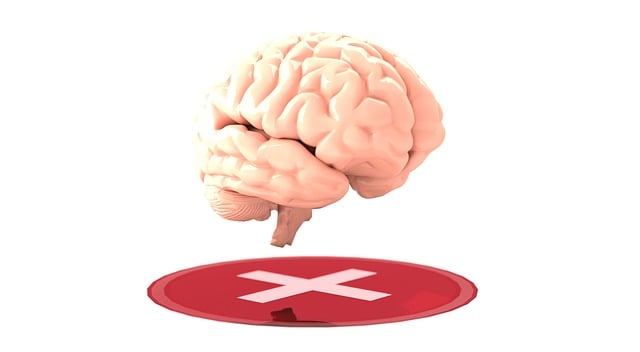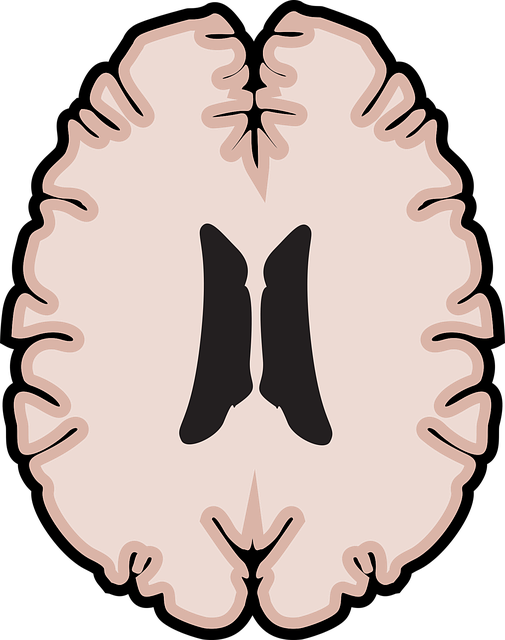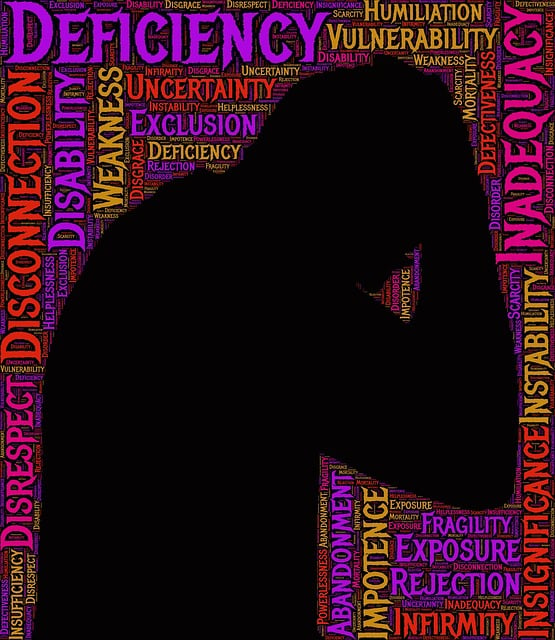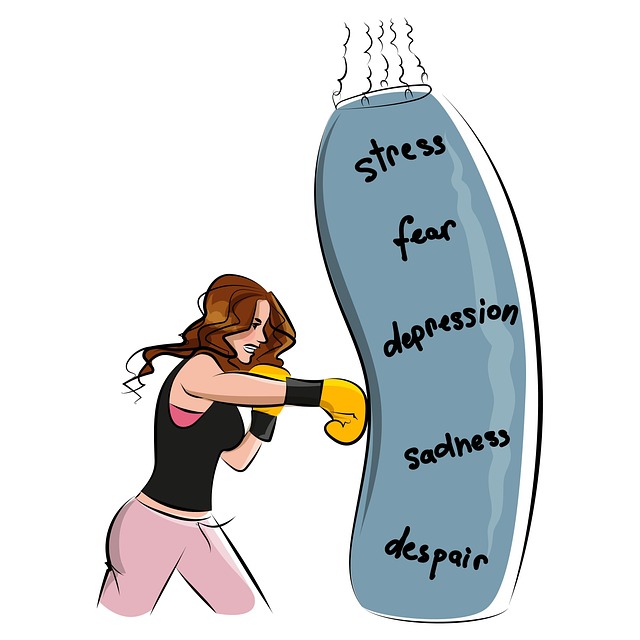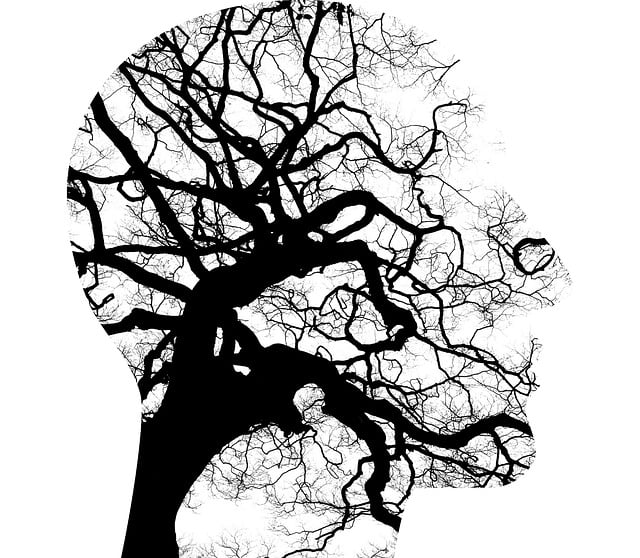In today's fast-paced world, mental wellness is a vital component of overall health, especially in communities like Littleton where trauma therapy services are crucial. Coaching programs focused on mental wellness offer personalized tools for resilience, stress reduction, and emotional well-being, addressing anxiety relief and self-esteem improvement. Effective Littleton Trauma Therapy integrates evidence-based practices such as cognitive processing therapy and mindfulness techniques to foster inner strength. Personalized coaching, continuous professional development, and emotional regulation techniques create a supportive environment for individuals navigating their mental health journeys. Measuring success through assessments, feedback, and KPIs ensures program optimization and alignment with evolving client needs.
Mental wellness coaching programs are gaining traction as essential tools for fostering resilience and recovery. This article explores the development of a comprehensive Littleton Trauma Therapy program, addressing the growing need for evidence-based support. We delve into key aspects such as designing trauma-informed practices, training coaches, and implementing measuring success strategies. By combining expert insights with practical techniques, this guide aims to enhance mental wellness coaching effectiveness, providing a roadmap for creating impactful programs.
- Understanding the Need for Mental Wellness Coaching Programs
- Designing a Comprehensive Littleton Trauma Therapy Program
- Incorporating Evidence-Based Practices and Techniques
- Customizing Coaches' Training and Ongoing Support
- Measuring Success and Continuous Improvement Strategies
Understanding the Need for Mental Wellness Coaching Programs

In today’s fast-paced world, mental wellness is an increasingly important aspect of overall health. The demand for effective solutions to manage and improve mental health has never been higher, especially in communities like Littleton where trauma therapy services are crucial. According to recent studies and analyses (Mental Health Policy Analysis and Advocacy), many individuals struggle with anxiety relief and self-esteem improvement, highlighting the need for accessible and tailored support.
Coaching programs focused on mental wellness offer a unique and personalized approach to address these challenges. These programs cater to diverse needs, providing tools and strategies to enhance resilience, reduce stress, and promote better emotional well-being. By offering guidance and support, mental wellness coaches help individuals navigate their feelings, set achievable goals, and develop healthy coping mechanisms (Littleton Trauma Therapy). This proactive approach not only benefits the individual but also contributes to a more comprehensive Mental Health Policy Analysis and Advocacy, fostering a society that prioritizes holistic well-being.
Designing a Comprehensive Littleton Trauma Therapy Program

Developing a comprehensive Littleton Trauma Therapy program requires a nuanced approach that caters to the unique needs of individuals seeking healing. This involves integrating evidence-based practices such as cognitive processing therapy, eye movement desensitization and reprocessing (EMDR), and mindfulness techniques to address complex trauma effectively. The program should be designed to foster inner strength development, enabling participants to cultivate resilience in the face of adversity.
By incorporating burnout prevention strategies for healthcare providers, the therapy can also cater to those who are already on the frontlines, helping them manage their own mental wellness while they support others. Through tailored interventions and a supportive environment, a Littleton Trauma Therapy program aims to facilitate resilience building, ensuring individuals leave with enhanced coping mechanisms and a renewed sense of well-being.
Incorporating Evidence-Based Practices and Techniques

Incorporating evidence-based practices and techniques is a cornerstone of effective mental wellness coaching programs. One such approach gaining significant traction is Littleton Trauma Therapy, which focuses on helping individuals process and heal from traumatic experiences. This therapeutic method combines various strategies, including cognitive behavioral therapy (CBT), mindfulness practices, and exposure therapy, to address the complex needs of clients. By leveraging these evidence-based techniques, coaches can create a structured yet flexible framework that supports emotional well-being promotion techniques, fostering an environment where individuals feel safe to explore and express their feelings.
Additionally, integrating compassion cultivation practices into coaching sessions enhances the therapeutic effect. Mental health professionals can employ mindfulness exercises and empathy-building activities to strengthen the bond between coach and client, thereby improving outcomes. This holistic approach not only facilitates individual growth but also contributes to robust risk management planning for mental health professionals by equipping them with the skills to navigate challenging situations effectively.
Customizing Coaches' Training and Ongoing Support

In the realm of mental wellness coaching, customizing coaches’ training and ongoing support is paramount. Each individual’s journey toward emotional well-being is unique, shaped by their experiences, traumas, and personal goals. Therefore, a flexible approach that tailors coaching methods to specific needs becomes crucial for effective Littleton Trauma Therapy. This involves comprehensive training programs that equip coaches with the skills to assess clients’ situations, understand their unique challenges, and design personalized strategies for stress management.
Through continuous professional development and ongoing support networks, such as peer mentoring and regular workshops, coaches can enhance their capabilities. This not only ensures high-quality care but also fosters a culture of resilience within the coaching community. By integrating public awareness campaigns development and emotional regulation techniques into their practice, these programs contribute to creating a supportive environment where individuals can navigate their mental health journeys with confidence and clarity.
Measuring Success and Continuous Improvement Strategies

Measuring success is a crucial component of any mental wellness coaching program. At Littleton Trauma Therapy, we employ various metrics to assess the effectiveness of our interventions. This includes pre- and post-program assessments, participant feedback forms, and tracking key performance indicators (KPIs) such as attendance rates, engagement levels, and improvements in mental health symptoms. By collecting and analyzing these data points, we gain valuable insights into what works best and where areas for improvement lie.
Continuous improvement strategies are integral to our approach. We utilize the feedback gathered to refine our communication strategies, enhance Mental Health Education Programs Design, and tailor interventions to address specific needs. For instance, if depression prevention is a focus, we may introduce additional coping mechanisms or adjust our curriculum based on participants’ reported improvements in mood regulation. This dynamic process ensures that our programs remain relevant, effective, and aligned with the evolving needs of those seeking support.
The development of comprehensive mental wellness coaching programs, such as the tailored Littleton Trauma Therapy approach, is a vital step in addressing the growing need for accessible and effective support. By combining evidence-based practices, customized training, and ongoing support, these programs can significantly improve individuals’ mental health outcomes. Implementing continuous improvement strategies ensures that coaches are equipped with the latest techniques, fostering an environment where both clients and practitioners thrive. This holistic approach to mental wellness coaching holds immense potential to revolutionize care, making it more personalized, effective, and widely available.
